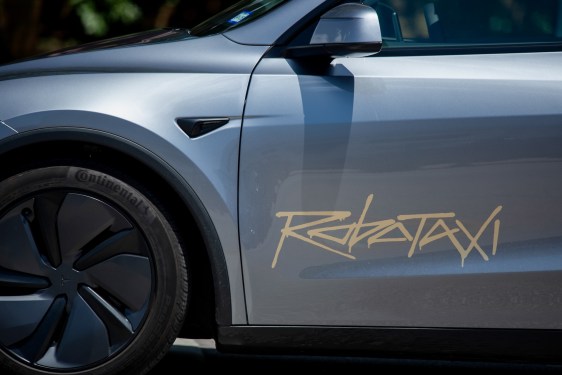Welcome back to TechCrunch Mobility, your central hub for news and insights on the future of transportation.
The poll results from last week’s edition are in, and it’s clear what readers want: analysis. Scoops, news roundups, and deals are also appreciated, but analysis is the top priority. Over the next few weeks and months, expect deeper analysis alongside the usual insights.
Earnings season is here, and two companies stood out: GM and Tesla. Both face pressure from tariffs and a slowing EV market. While GM still sells gas-powered vehicles, both are navigating a future with fewer EV incentives. Their strategies, however, differ significantly.
GM took a $1 billion hit from tariffs in Q2 but remains committed to EVs as its “north star.” With more than a dozen EV models, Chevrolet is now the No. 2 EV brand in the U.S. GM also highlighted $4 billion in deferred revenue from its Super Cruise system, OnStar, and other software services. The key theme of their earnings call was “flexibility”—adjusting factory production to balance EV and ICE vehicle output based on demand.
Tesla, on the other hand, is betting big on autonomy and AI. Despite a 16% year-over-year decline in automotive revenue, CEO Elon Musk insists Tesla is not just a car company. The upcoming cheaper Tesla model is essentially a stripped-down Model Y. Musk’s focus is on Optimus robots and autonomous vehicles, though neither is currently profitable.
Tesla does generate revenue from its supervised Full Self-Driving system and a small-scale robotaxi service in Austin, but profitability remains elusive. Musk acknowledges challenges ahead but believes autonomy will eventually drive profits. However, reports suggest Tesla is behind on Optimus production goals and may be rushing its robotaxi service in San Francisco without proper permits.
Meanwhile, Tesla faces regulatory and legal pressures that could hinder its plans.
In other news, Lyft will add autonomous shuttles from Benteler Group to its network in late 2026. Lucid Air owners will soon be able to charge at Tesla Superchargers, though at slower speeds. Uber is introducing a feature in the U.S. that lets women riders match with women drivers.
Finally, Tesla’s ability to sell cars in California is under scrutiny. A hearing this week could determine whether the company loses its license over false advertising claims related to Autopilot and Full Self-Driving.
Got a tip? Reach out to our team with any news or insights.

